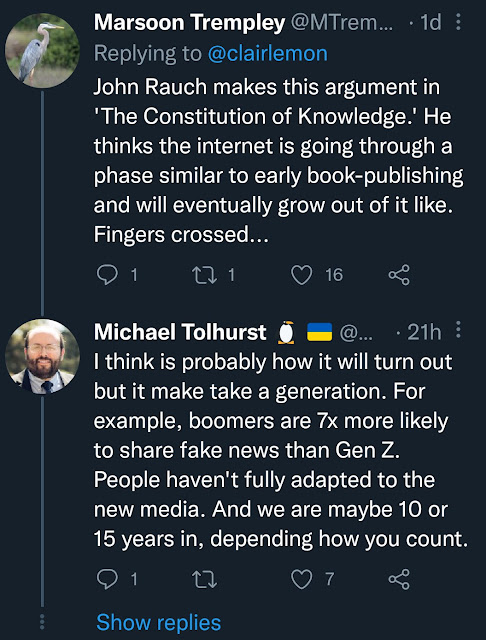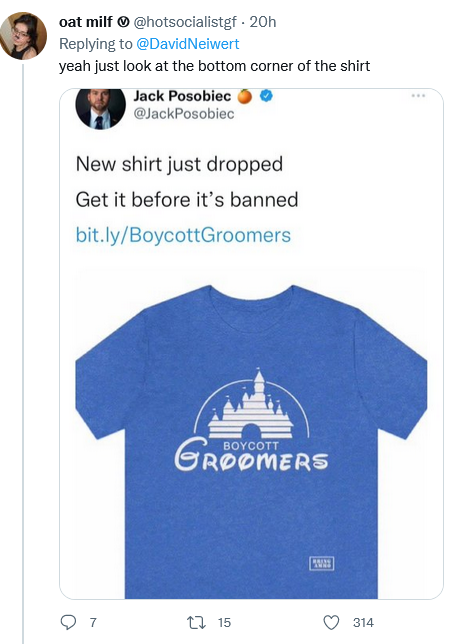There's a really good article in Science talking about the Earth's inner core which starts:
Earth’s magnetic field, nearly as old as the planet itself, protects
life from damaging space radiation. But 565 million years ago, the field
was sputtering, dropping to 10% of today’s strength, according to a
recent discovery. Then, almost miraculously, over the course of just a
few tens of millions of years, it regained its strength—just in time for
the sudden profusion of complex multicellular life known as the Cambrian explosion.
What could have caused the rapid revival? Increasingly, scientists
believe it was the birth of Earth’s inner core, a sphere of solid iron
that sits within the molten outer core, where churning metal generates
the planet’s magnetic field. Once the inner core was born, possibly 4
billion years after the planet itself, its treelike growth—accreting a
few millimeters per year at its surface—would have turbocharged motions
in the outer core, reviving the faltering magnetic field and renewing
the protective shield for life. “The inner core regenerated Earth’s
magnetic field at a really interesting time in evolution,” says John
Tarduno, a geophysicist at the University of Rochester. “What would have
happened if it didn’t form?”
Indeed. Is it possible that the answer to the Fermi paradox is that, while there may be plenty of planets rolling around the universe, few of them get or keep the type of protective magnetic field that Earth developed, pretty much at the right time?
Other snippets from the article:
The ancients thought Earth’s
center was hollow: the home of Hades or hellfire, or a realm of tunnels
that heated ocean waters. Later, following erroneous density estimates
of the Moon and Earth by Isaac Newton, Edmond Halley suggested in 1686
that Earth was a series of nested shells surrounding a spinning sphere
that drove the magnetism witnessed at the surface.
Edmond was a bit ahead of his time.
Here's an illustration from it:
And more about the lucky timing of the revival of the magnetic field, due to the inner core forming:
All this complexity appears to
be geologically recent. Scientists once placed the inner core’s birth
back near the planet’s formation. But a decade ago, researchers found,
using diamond anvils at outer core conditions, that iron conducts heat at least twice as fast as previously thought.
Cooling drives the growth of the inner core, so the rapid heat loss
combined with the inner core’s current size meant it was unlikely to
have formed more than 1 billion years ago, and more than likely came
even later. “There’s no way around a relatively recent appearance of the
inner core,” says Bruce Buffett, a geodynamicist at UC Berkeley.
Tarduno realized rocks from the time might record the dramatic
magnetic field changes expected at the inner core’s birth. Until
recently, the paleomagnetic data from 600 million to 1 billion years ago
were sparse. So Tarduno went searching for rocks of the right age
containing tiny, needle-shaped crystals of the mineral titanomagnetite,
which record the magnetic field’s strength at the time of their
crystallization. In a 565-million-year-old volcanic formation on the
north bank of the St. Lawrence River in Quebec, his team found the
crystals—and convincing evidence that the magnetic field of the time was one-tenth the present day strength, they reported in 2019. The fragility of the field at the time has since been confirmed by multiple studies.
It was probably a sign that rapid heat loss from the outer core was
weakening the convective motions that generate the magnetic field, says
Peter Driscoll, a geodynamicist at the Carnegie Institution for Science.
“The dynamo could have been close to dying,” he says. Its death could
have left Earth’s developing life—which mostly lived in the ocean as
microbes and protojellyfish—exposed to far more radiation from solar
flares. In Earth’s atmosphere, where oxygen levels were rising, the
increased radiation could have ionized some of this oxygen, allowing it
to escape to space and depleting a valuable resource for life, Tarduno
says. “The potential for loss was gaining.”
Just 30 million years later, the tide had turned in favor of life.
Tarduno’s team went to quarries and roadcuts in the Wichita Mountains of
Oklahoma and harvested 532-million-year-old volcanic rocks. After
analyzing the field strength frozen in the tiny magnetic needles, they
found that its intensity had already jumped to 70% of present values,
they reported at the AGU meeting. “That kind of nails it now,” Tarduno
says. He credits the growth of the inner core for the field jump, which
he says is “the true signature of inner core nucleation.”
Around the same time, life experienced its own revolution: the
Cambrian explosion, the rapid diversification of life that gave rise to
most animal groups and eventually led to the first land animals,
protomillipedes that ventured onto land some 425 million years ago.
It just may be that the clement world they found owes much to the inner iron planet we’ll never see, 5000 kilometers below.
Huh.

















